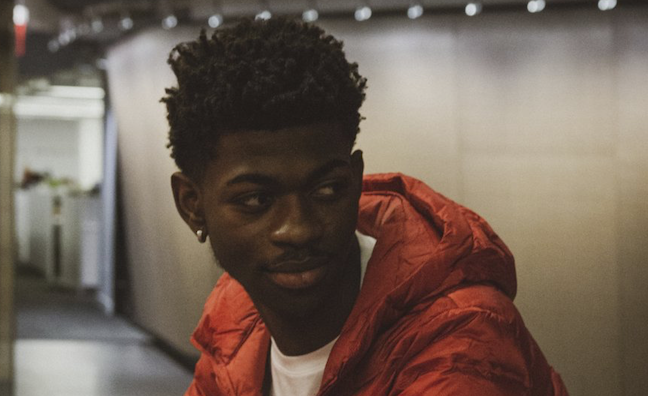No-one saw Lil Nas X coming, but no-one’s going to be able to miss him now. As anyone who’s enjoyed a working pulse over the past few weeks will know, the Atlanta rapper’s viral hit Old Town Road – bolstered by its remix featuring Billy Ray Cyrus – is the biggest song in the world. Understandably, there will be many labels, managers and artists looking to his story for some lessons.
A quick recap: in December 2018, Lil Nas X independently released, in his own words, a “country trap” track that interpolates a Nine Inch Nails instrumental. On paper, you wouldn’t exactly have bet your grandma on it being a hit. That it became just that has a lot to do with him harnessing the power of TikTok. Quite frankly, he deserves an honorary doctorate from the University Of Memeology for the way he used the platform. Scrap that, he got something better. Fast-forward to April 2019 and he is now signed to Columbia and breaking streaming records set by Drake.
It wasn’t just as a meme, however, that things snowballed. As has widely been reported, X’s track was controversially deemed ineligible on the country chart in America for not embracing “enough elements of today’s country music to chart in its current version”. Old Town Road is many things – including the shortest US No.1 since 1965 – but it is now as much a debate as it is a song. It is one that cuts to the heart of issues of race, genre and the efficacy of the charts themselves.
For the record, Lil Nas X believes his song is eligible in both hip-hop and country charts. Billy Ray Cyrus certainly agreed, jumping on the remix as a sign of solidarity. Is X a country artist? Judging by his other work… No. But that doesn’t mean he’s incapable of making a country song. There is a certain absurdity that the track that stands to do the most for country music globally in 2019 – which is also the No.1 song in all of America – isn’t actually allowed in the country charts.
There has been much talk of late about the global aspirations of country music. Take X’s success alongside Kacey Musgraves’ Grammy wins, and this could be the transformative year the genre’s been waiting for. Maybe the question, then, isn’t so much what is America going to do to fix its country charts, but rather how is the genre going to work to fix them?
Yet even if the song is reinstated, the danger is that it will be a single conciliatory gesture at best in lieu of lasting systemic change. Many have pointed here to a long legacy of exclusion. Beyoncé’s Daddy Lessons, for one, was deemed ineligible for a country Grammy, yet country artists leaning heavily on hip-hop under the “bro-country” umbrella seemingly get a free pass. While no-one saw Lil Nas X coming, the issues his track has raised have been hiding in plain sight all along. That’s the real lesson here.









